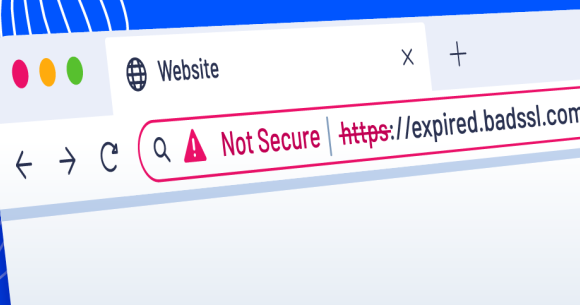Gambling and IT: ‘Always on,’ yes, but also ‘always vigilant’
A recent slot machine outage at Las Vegas hotel and gambling venue MGM Resorts reminds us that while being an “always on” IT environment is important, there is also the need for your monitoring system to be “always vigilant.”
Customers reported problems with slot machines and online room booking systems on September 12, following a cyber-attack. This is not the first time the organization has had an incident; in 2019 its cloud services were breached and hackers stole personal customer data including passport numbers, according to the BBC.
Cybersecurity is a huge challenge for businesses and industries that operate 24/7 and rely heavily on IT systems must operate at near 100% uptime. Dynamic and competitive industries such as gambling and gaming have to be especially watchful.
As I said in my article in G3 Newswire,Big Brother and the Role of Observability, it’s crucial for gambling and gaming firms to adopt an “always on” mentality because downtime is almost always unacceptable. Significant periods of downtime can result in lost revenues, business disruptions or worse - as disgruntled customers flee to competitors.
Is monitoring alone enough for true vigilance?
Monitoring your gaming and gambling systems will always tell you what is or isn’t working at a given moment in time. So far, so good. But what about in the case of cyberattacks? Vigilance requires observability, which is more about readiness for over-the-horizon unknowns.
With intelligent observability in their toolkits, gambling firms can gain the upper hand to proactively deal with “unknown unknowns” such as cyberattacks. Going forward, observability and monitoring platforms will play greater roles in cybersecurity. They play a crucial role in unifying development and production insights, which helps companies to better understand the attack surface-area of applications.
By employing metrics, logs, events, and traces, businesses gain a higher vantage point for observability, leading to better resilience to cyberattacks.
Why observability?
Observability helps your teams detect authentication vulnerabilities, weaknesses in access control, and external dependencies as well as brute force attacks. Incorporating observability into your security strategy can offer the visibility necessary for guiding proactive security actions and making recommendations to your decision makers, not to mention the ability to deliver your intended services and products despite cyberattacks.
With observability, gambling firms can proactively identify and address issues, optimize performance, comply with regulatory requirements, gather business insights, and embrace an always-vigilant approach to systems.
Observability and monitoring platforms are a big advantage in a competitive business where every second counts, but also a must-have for long-term success.




